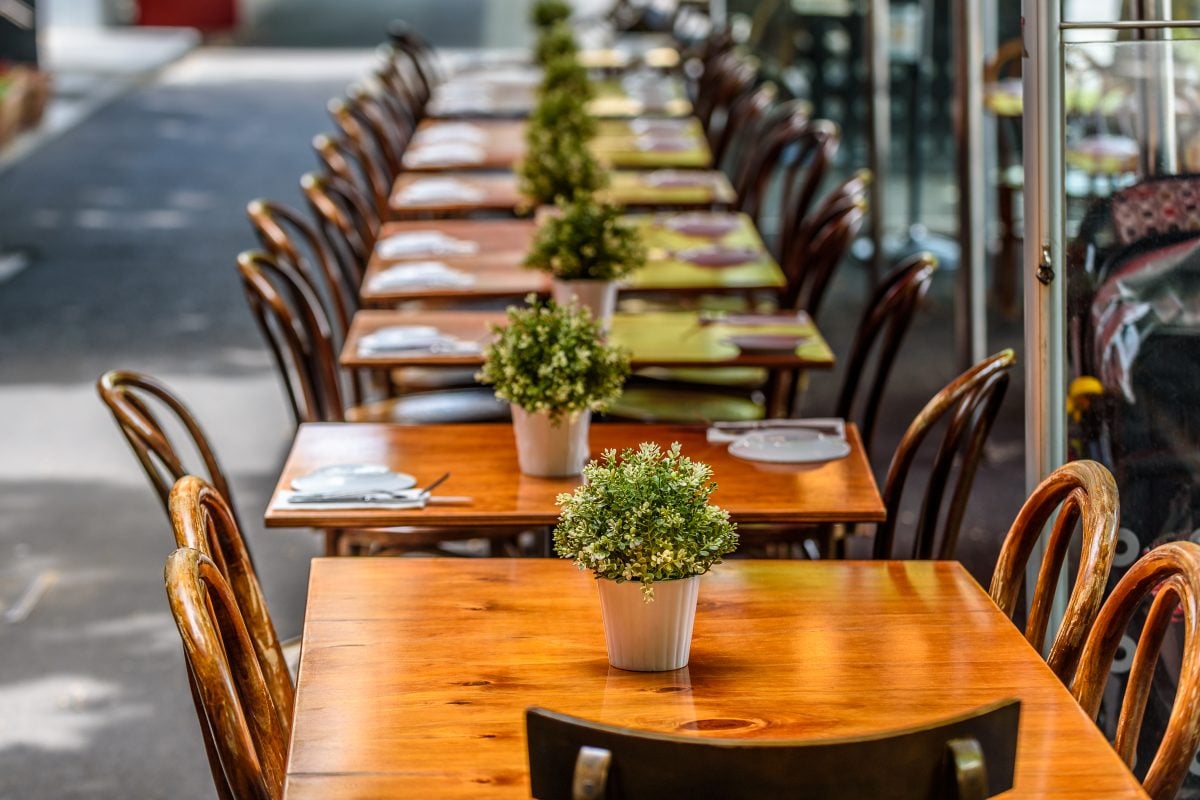
There’s a feeling we’re all feeling.
It doesn’t belong to me and it doesn’t belong to you. It sits in a bedroom in Wuhan and a hospital ward in New York and a studio apartment in Milan. It’s here and it’s there and it’s impossible to find a place where it isn’t.
It reaches into every home and every town and it stole your mid-year holiday but it stole her father and his wife and a 95-year-old man is alone in his home and a mother of four just lost her only source of income and a business built on hope and hard work just closed its doors and it’s all a maze that has no way out.
You get lost in the dead ends.
The feeling probably keeps you awake at night. Your mind invents worries that six months ago would’ve been consistent with Generalised Anxiety Disorder but now are very real threats. Your anxiety is logical. Normal. An accurate reflection of the current State Of Things.
How to protect yourself from COVID-19. Post continues below.
It’s late at night, and the person laying beside you, or in the next room, or in the house next door, is probably awake too. They’re feeling that same feeling. A feeling that brings with it thoughts we don’t want to say out loud because if we do we transmit them to others, burdening them with another worry they might not have thought of yet.

Top Comments
I think it's imporatnt to acknowldeg how hard this is. However we also need to keep perspective. Just remember what people suffered in WW1 & WW2 and all the other wars......for most of us we just need to stay home for a few months, in the safety (for most) of our own homes. Yes we are missing things, yes many are suffering huge financial loss.....but this is still nothing near like past generations have suffered. Teenagers aren't being conscripted...they just can't use the skate park, kids are learning online, but hey at least they have access to some form of eduction, families are seperated, but at least most have the phone and net these days.
I agree that it is important to keep things in perspective. However, I think the article is right about this experience being one of grief. Grief can arise with any change - big or small. Sometimes it is hardest to grieve the 'small' losses because this sort of grief is not really socially sanctioned or supported, and people feel silly for being so effected. However, if people stuff the grief down and ignore it, these feelings tend to end up being acted out in far more maladaptive ways, as we have seen with fisticuffs at Woolworths.
I there is space for both resolute stoicism and grief during this experience, and perhaps we may all find ourselves moving back and forth between the two.
....while thousands of people are dying worldwide, while thousands more are vulnerable to death from a virus that has transcended borders and and boundaries. Comparing this to being conscripted is a false equivalence. The whole world is suffering right now. It's clearly not as simple as "kids can't go to the skate park". Stop trying to minimise the profound nature of the situation we are all facing.
So because worse has happened, we cant be affected by anything less horrifying than the Holocaust? Thats a bit like saying you should keep perspective when a family member dies because everyone else's parents die as well. Shame and dismissiveness isn't a constructive response.
And staying home isn't always easier - for type A personalities, doing nothing is excruciating. During the world wars, people could take jobs in industry to support the war effort- that honestly sounds like a vast improvement on doing nothing.